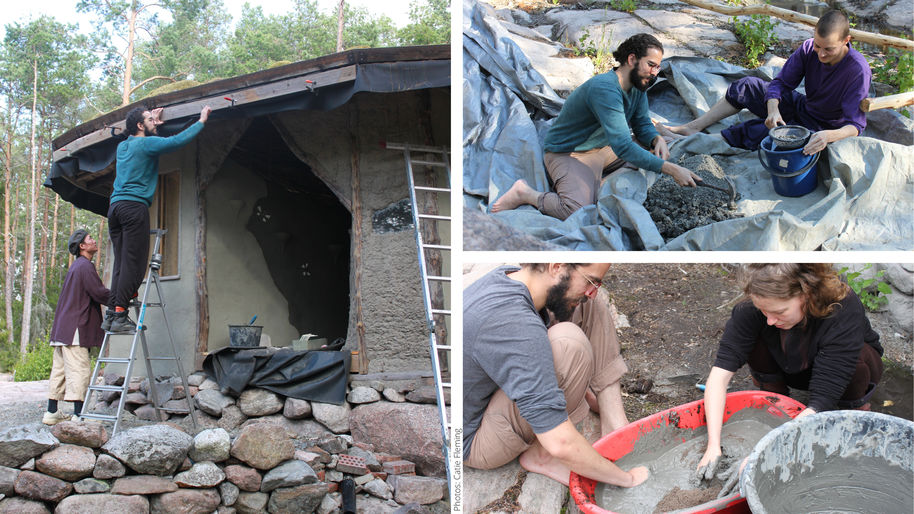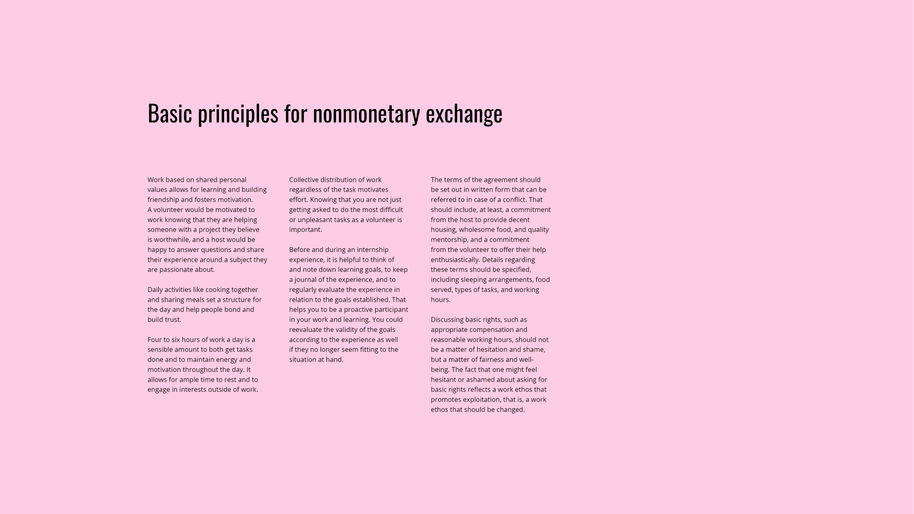Education or exploitation? Navigating design internships in a field of precarious work by Lotfi El Salah





Abstract:
The role of internships is becoming increasingly dominant in design education as the primary way for design students to bridge the gap between their formal education and professional work. Moreover, internships have become a typical arrangement for young and not-so-young designers to start—and sustain—their career. Yet, design interns’ reports show that for many, internships tend to be exploitative opportunities for employers rather than educational experiences for students, who often end up uncredited, overworked, and underpaid. Additionally, educational institutions offer little guidance on navigating this precarious world.
By analyzing higher education policies and crowdsourced experiences and working conditions of interns in the European design field, this thesis examines the role of internships in learning, including various design specializations such as product, graphic, and fashion design. Based on this examination, the thesis shows the causes and implications of exploitative internships and offers guidelines to help interns make more informed decisions for more educational experiences. Though they are directed at students, the guidelines are also useful for design schools and employers who care to ensure that their internship programs are educational in essence.
Lastly, through reflections on the notion of critical design, theoretical texts on labor, and the writer’s personal experiences, the thesis explores the internship as a critical design tool for shaping desired labor conditions and presents nonmonetary exchange as an alternative model for learning. Acknowledging that internships are a step towards establishing a design practice, the thesis concludes with examples of alternative models of organizing work against and independent from exploitative labor relations.






